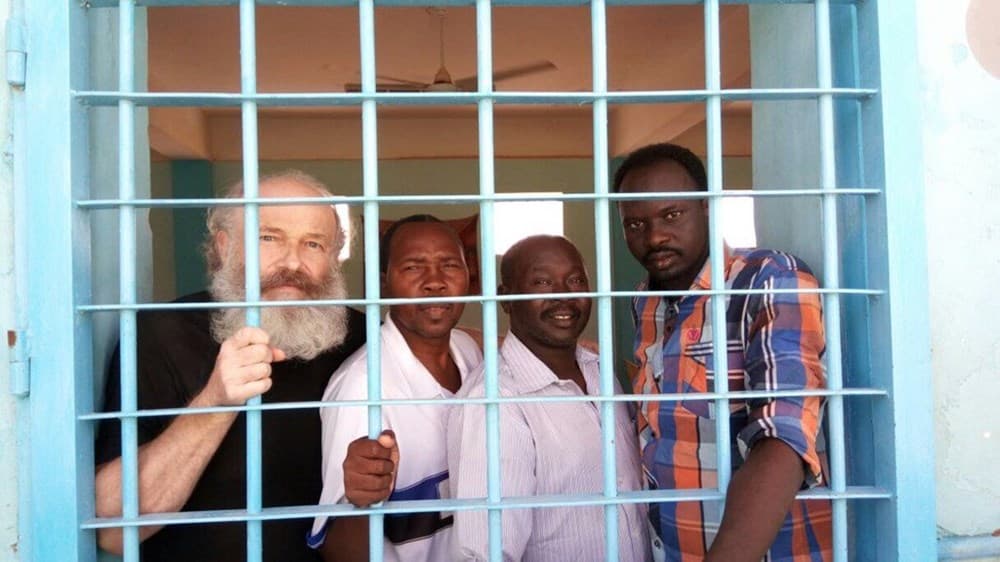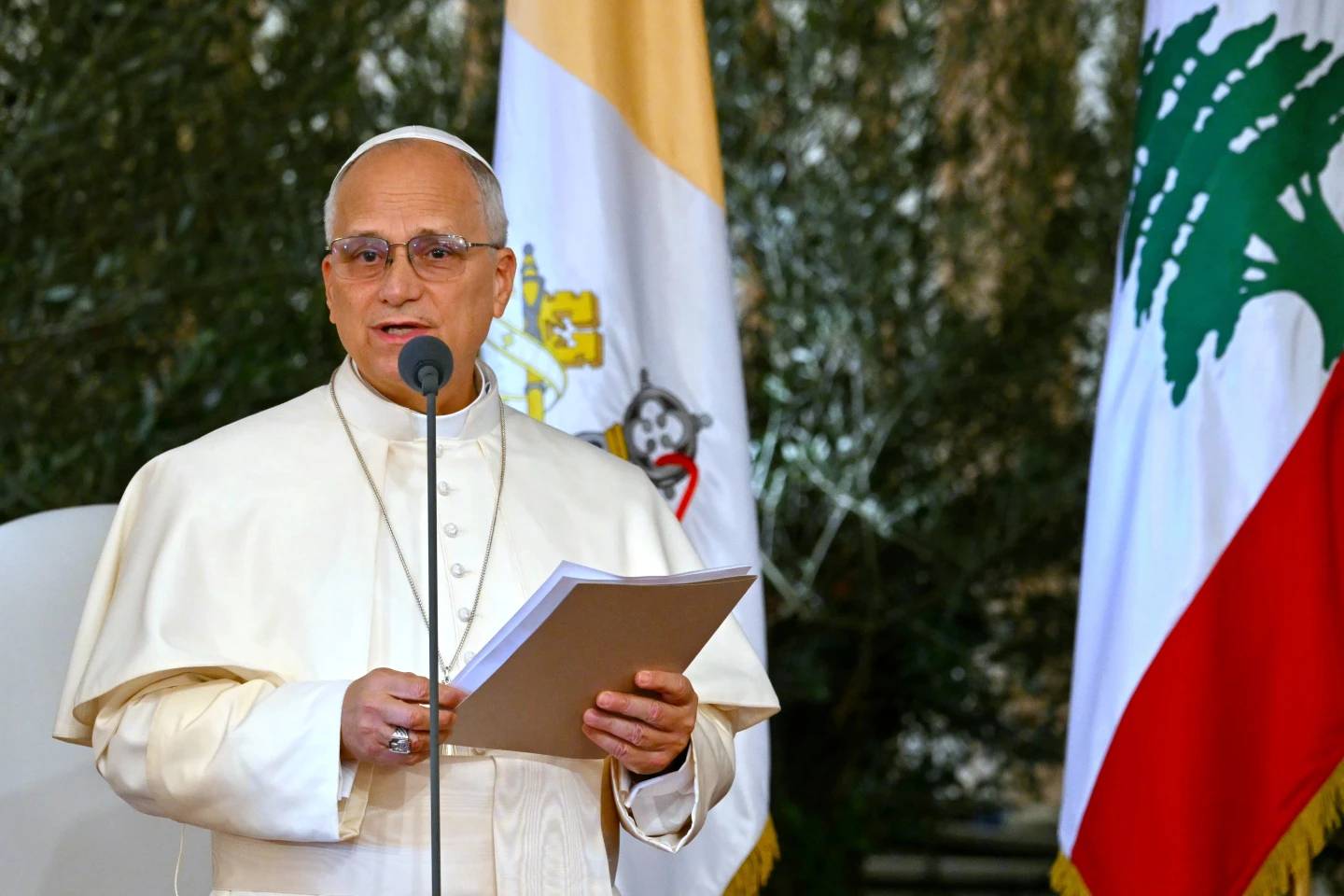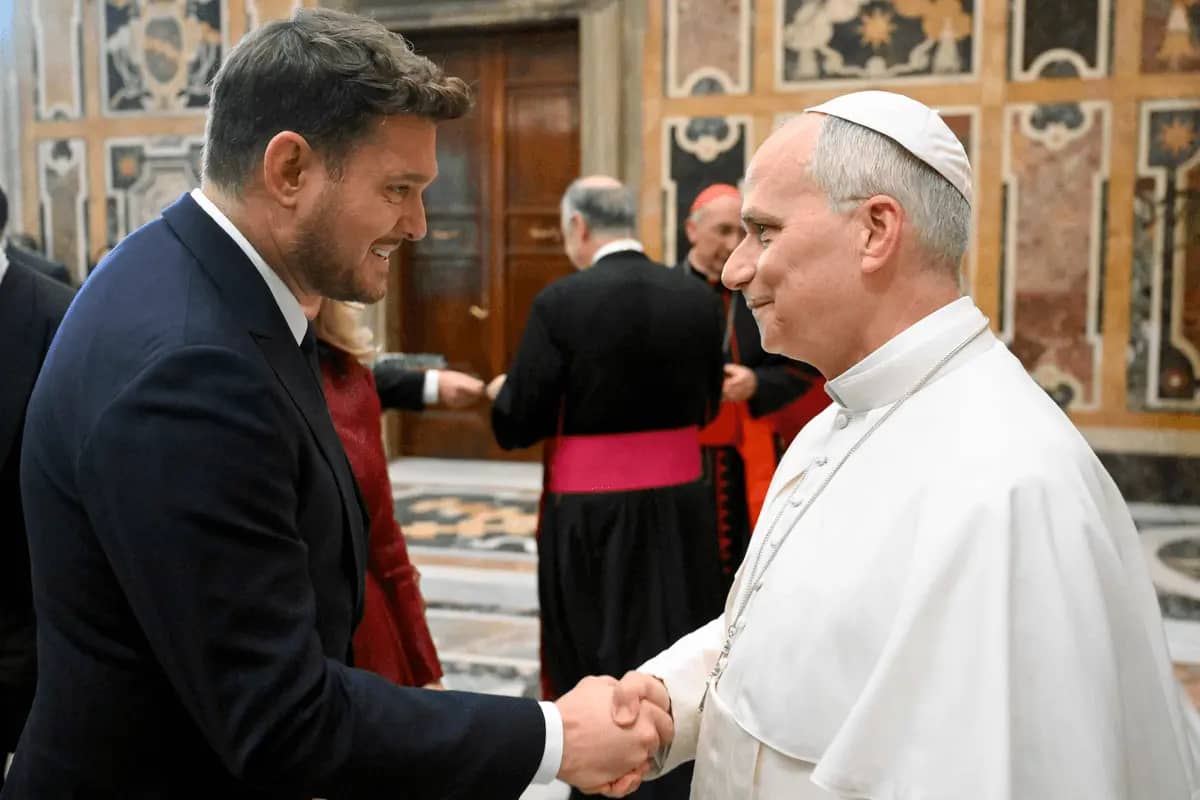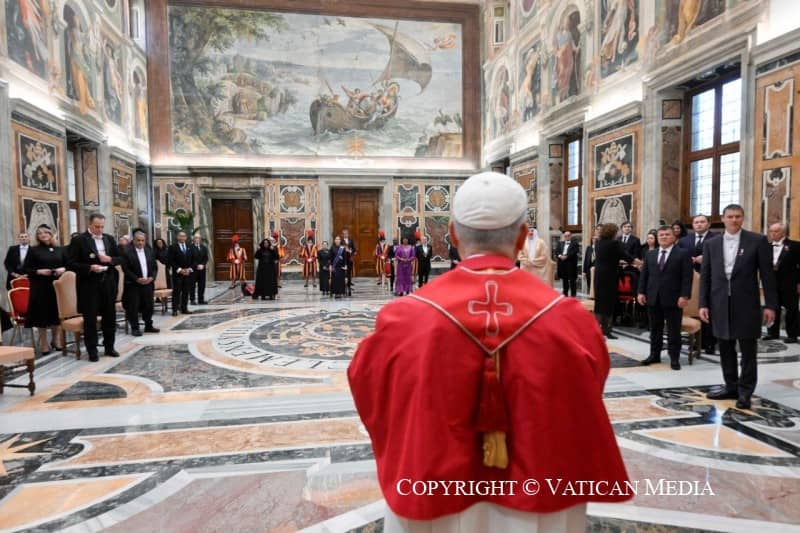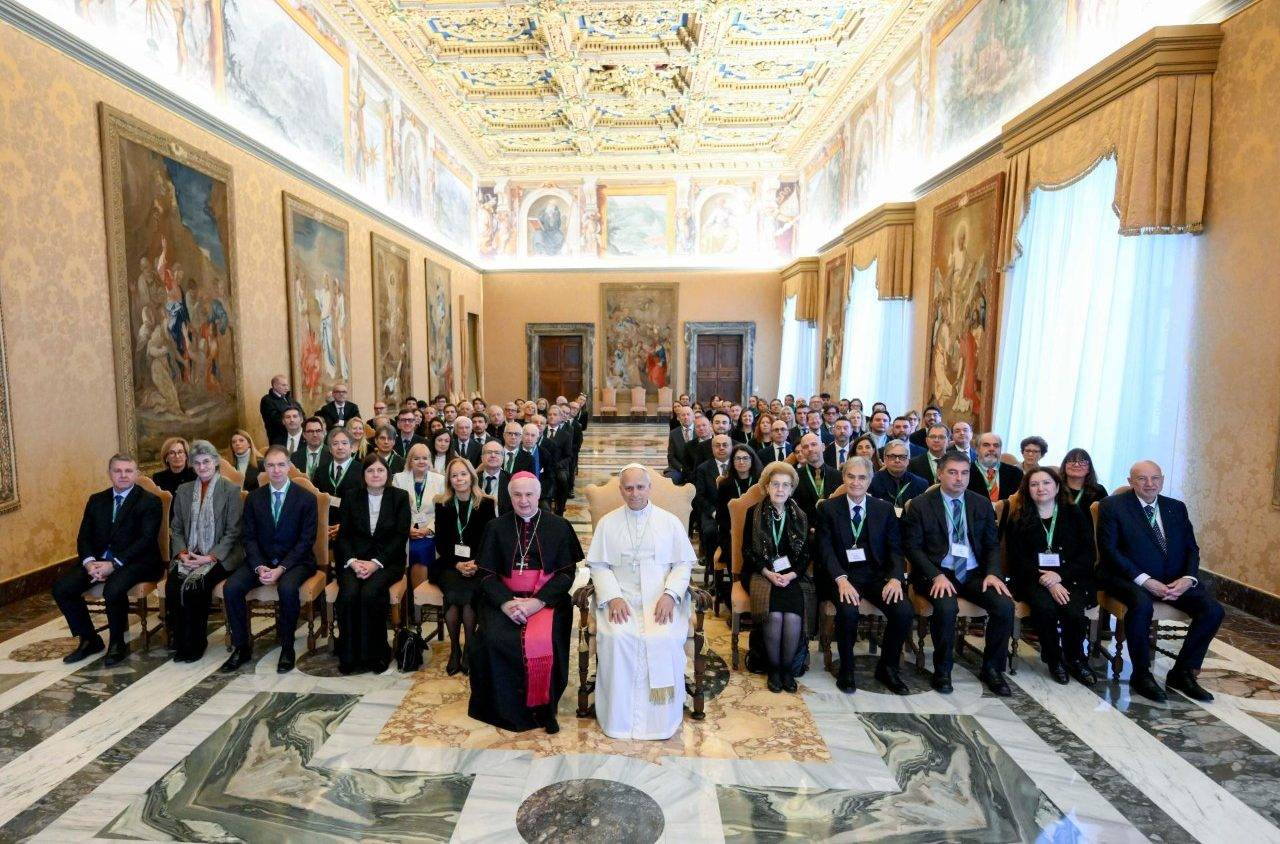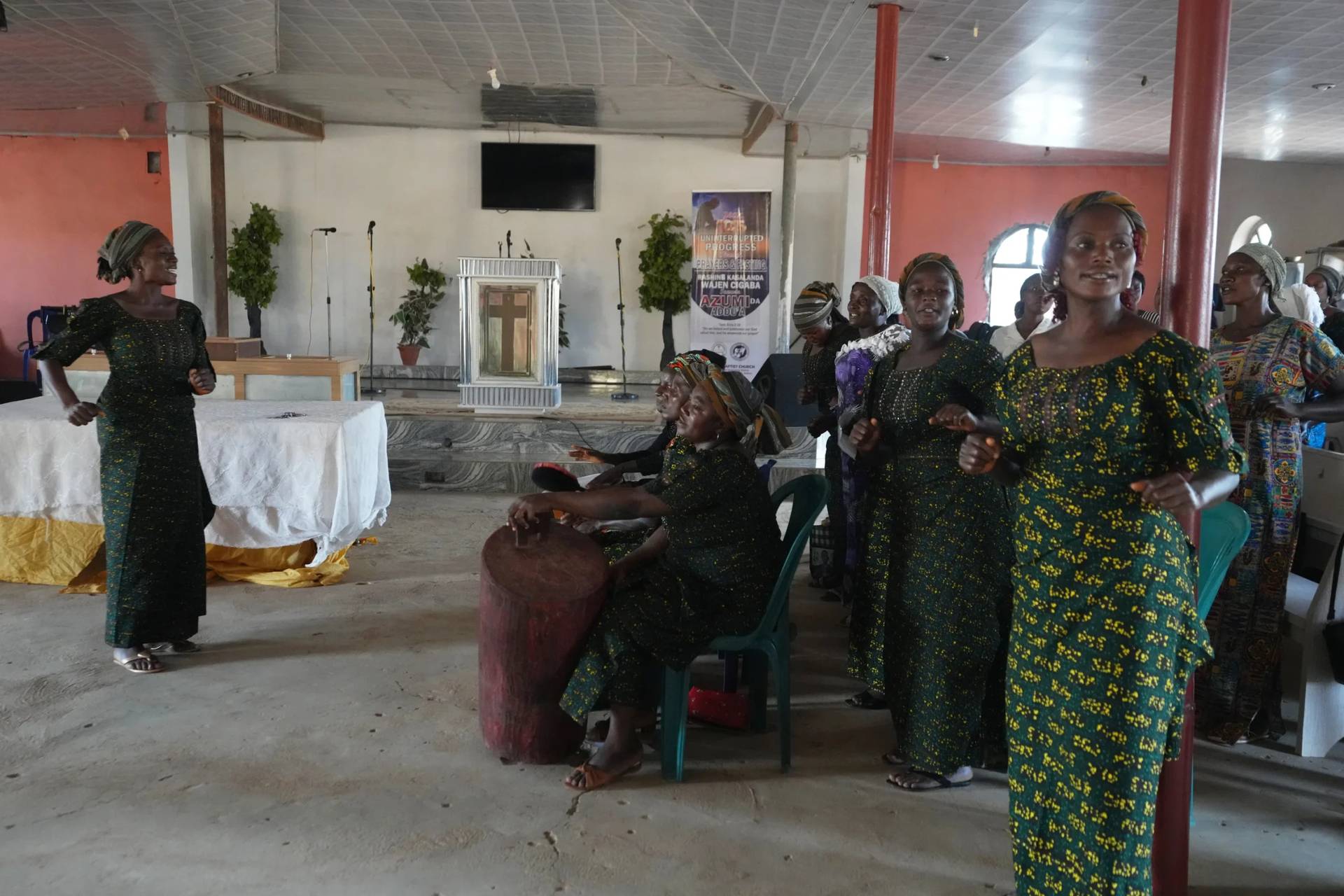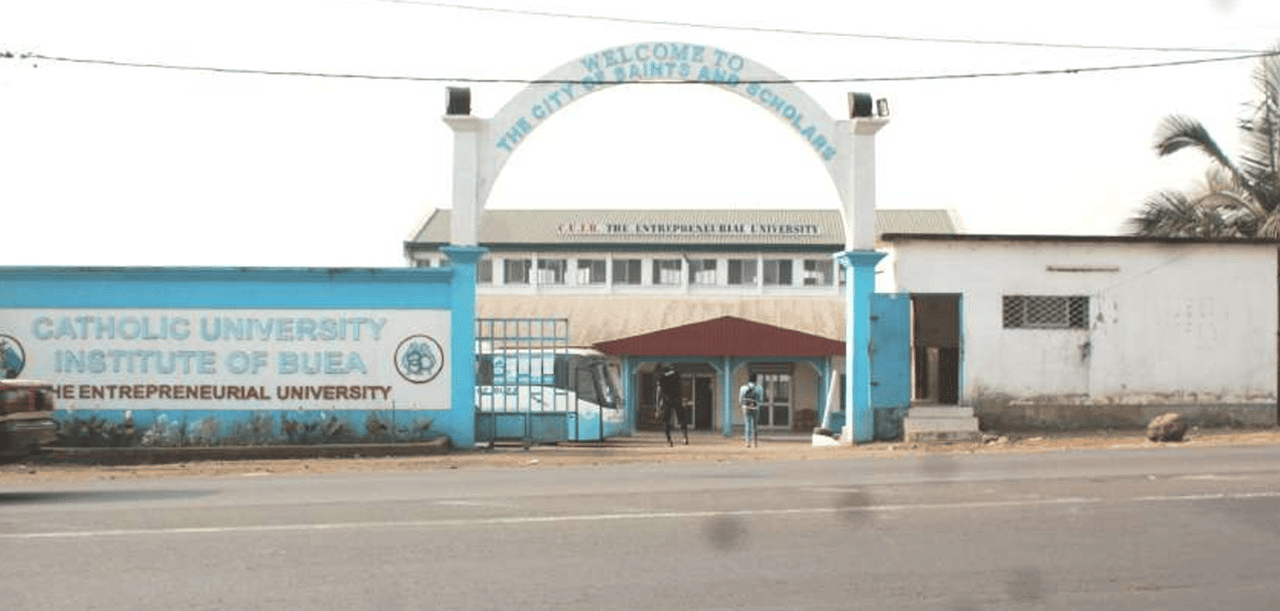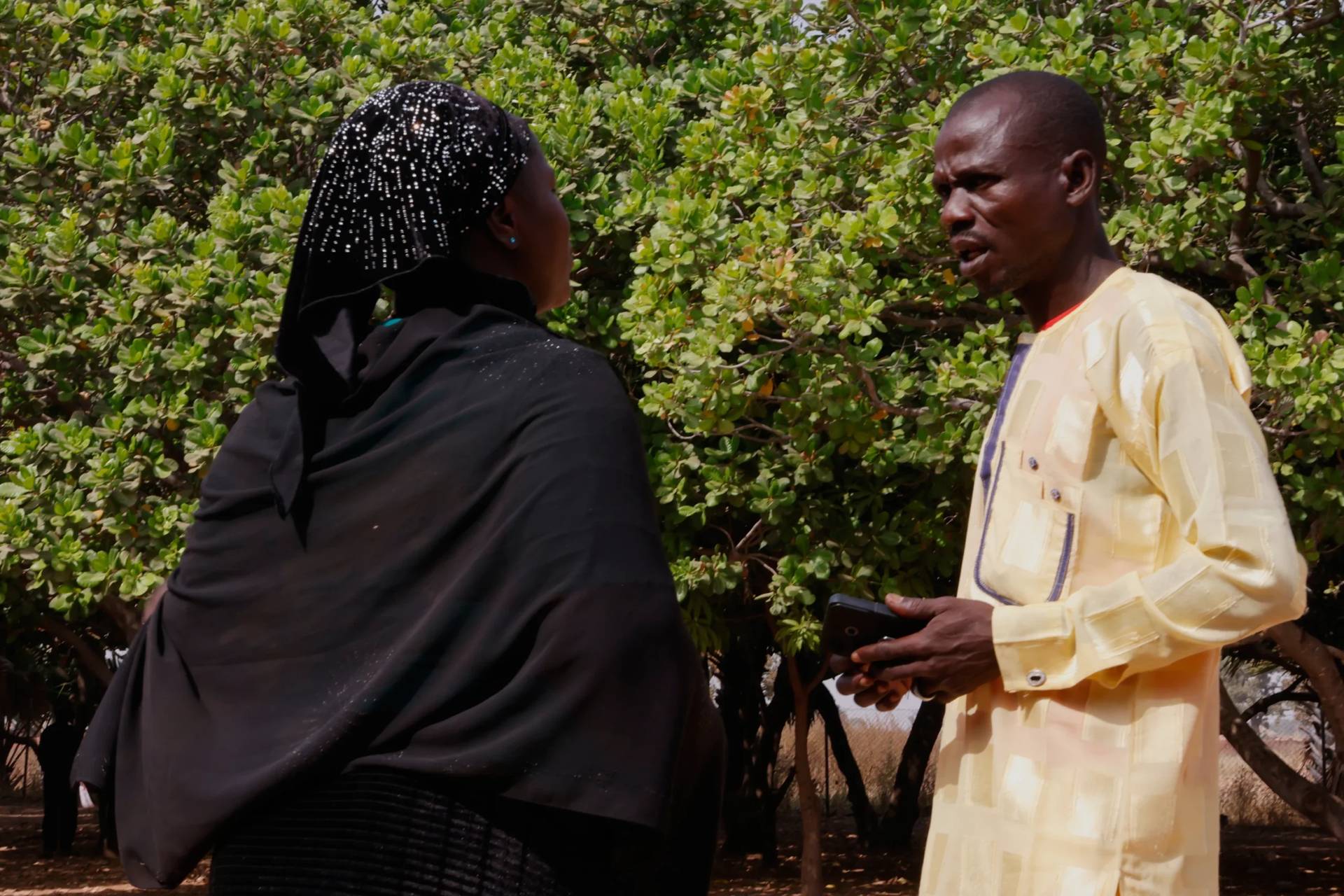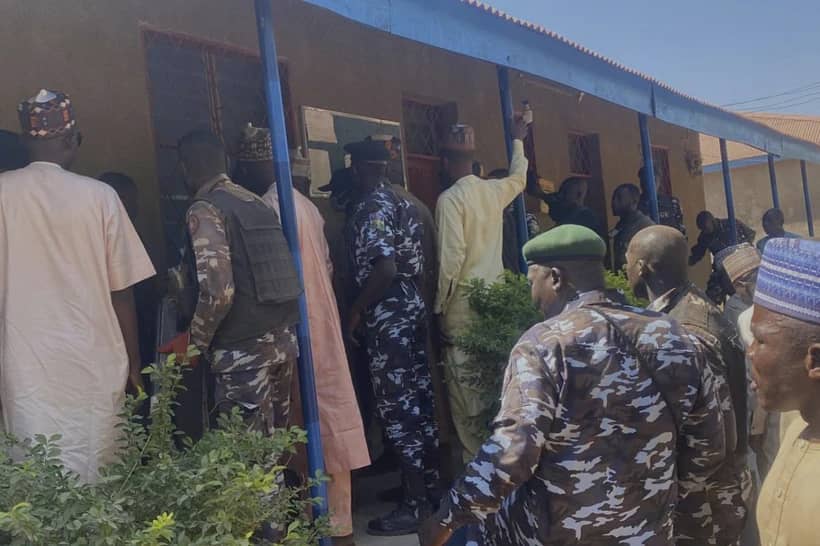YAOUNDÉ, Cameroon – Petr Jasek is a Czech national and aid worker who was imprisoned in Sudan for over a year.
Jasek, who works for Voice of the Martyrs, had been sentenced to life in prison for allegedly spying and working for an NGO without a permit. He was released in 2017.
“I always say that my heart is with the persecuted brothers and sisters. I am ready to go anywhere the Lord leads me, because whenever he opens the door, no one can close,” Jasek told Crux.
He spent 445 days in prison, sometimes sharing one cell with members of ISIS, including a purported bodyguard to Osama Bin Laden.
Jasek has recounted his experiences in a new book, Imprisoned with ISIS: Faith in the Face of Evil.
In a Skype interview with Crux, he spoke about his experiences and the effect on his Christian faith. Excerpts of the interview, edited for clarity and length, follow.
What took you to Sudan?
I have been working with the Voice of the Martyrs for about 23 years, but I was always working in Africa. I had nearly 300 projects in 27 African countries. I was always travelling to meet our contacts and also sometimes interview persecuted brothers and sisters and arrange projects for their health.
As far as the country of Sudan is concerned, I visited the country many times … we focused solely on northern Sudan especially in areas where there are still large Christian minorities inside northern Sudan like the Nuba Mountains, Blue Nile area and we were helping those persecuted believers.
In October 2015, I was attending a conference of North Sudanese Church leaders, and about fifteen other participants from all over the world. Then I heard some compelling stories about the persecution of individuals like one student of Muslim background who was supposed to be killed but was burnt and needed medical care. I also saw pictures of completely demolished church buildings [in South Sudan] and this actually convinced me to find some window in which I could travel, and in December 2015, I found four days that I could travel.
Once in southern Sudan, I met the Muslim background believer who needed medical care, documented his injuries and also got financial help for his medical treatment that he badly needed.
I also visited the site of the churches that were demolished but I could not take photos because I could only visit the place at night. And after four days having the feeling that my mission was completed, I was already at the airport on my return journey, holding my boarding passes when I got arrested by the secret police. They confiscated my phone, my camera, my laptop – all my equipment, actually. I was interrogated for nearly 24 hours at the headquarters of the secret police. After that, I was put into the first prison. I went through five different prisons in the coming 445 days.
What did they say was your crime?
The judge presented me with seven different charges. The first one was espionage and trying to overthrow the regime in South Sudan [which gained its independence from Sudan in 2011] but I had no idea that you could overthrow the regime in South Sudan in four days, but that’s what they were accusing me of.
This espionage and attempts to overthrow the regime in South Sudan had the death penalty as the maximum punishment.
How did you defend yourself at trial?
The Czech embassy kind of recommended a lawyer for me that I did not trust much because he was a local one and seemed to be very cooperative with the secret police. The other two brothers had one of the best lawyers who defended Meriam Ishaq Ibrahim – the Sudanese lady who was given the death sentence and then gave birth to her daughter in chains – so they were doing their best to say that we did not do anything wrong.
They tried to demonstrate that I came as a tourist; I was not involved in any mercenary activity. I was just documenting the persecution of Christians, but secretly. But it’s likely that the Secret Police was watching.
No matter what our lawyers said, the judge did only the bidding of the secret police. So I can honestly say that if I didn’t even have a lawyer to defend me, it wouldn’t make any difference.
Christians were being targeted by the secret police?
If you preach the Gospel to Muslims, you will be prosecuted. If a Muslim abandons his Muslim faith, he will still face the death penalty, so as far as the persecution of Christians is concerned, the situation hasn’t changed.
You spent 445 days in jail, and you spent that time in five different prisons. How were you treated?
Every move from one prison to the other was always like moving from bad to worse. The first prison was in one sense the best prison, but the hygiene and the food were terrible.
Within the first three months, I lost 25 kilograms of my body weight. And in the first month through internal bleeding, I had lost literally half of my blood. I was heavily anemic, and on top of that I was in a cell with six members of Islamic State: Prisoners from various countries, such as Sudan, Yemen, Libya, Somalia, Egypt, Pakistan.
Of course, the first two months when I was with the ISIS members were the most difficult time because I was being beaten, then slandered and tortured by them.
But I learned one of the hardest lessons that the Lord’s strength can be manifested in our weaknesses, and that is what Paul says in 2 Corinthians 12:10: “When I am weak then I am, strong.” So, in this weakness, I was able to share the Gospel with them even though I was not supposed to start any conversation on my own, I was only supposed to answer their questions, and not only with words but also with attitude.
So how did you share the Gospel if you weren’t allowed to start a conversation?
When they beat me on one cheek, I was literally turning the other cheek; but I can honestly tell you that it was not me, it was Christ in me who was able to do that.
Let me just give you an idea who these people were: They were young people at the age of my own children, highly educated – doctors, pharmacists, engineers, IT specialists et cetera.
One of them was a Libyan guy who commanded a lot of respect from the others. They used to call him a man of sword and I found out later on that he was a bodyguard to Osama Bin Laden. His father sent him to Bin Laden when he was just 12 years old. But that wasn’t the reason why they used to call him a man of sword. The true reason why he was so called was that he was one of the murderers who beheaded the twenty Coptic Egyptians and one African Christians on the Libyan shores in 2015. So, in one sense, I could say he still had human blood on his hands.
Of course, he threatened me. He had a strong fishing line and would show the others how they could kill someone within seconds with that fishing line. And they were quite aggressive especially when I did not retaliate, and so they decided to torture me, sometimes with waterboarding.
The ISIS members commanded the prison guards, who were obviously afraid of ISIS, to move us to the only cell that had water, where prisoners normally went to fetch water. That is where they prepared to torture me through waterboarding techniques. They had prepared the cloths to put in my mouth … when everything was ready and they were just about to start, the Lord intervened in the last moment and the only guard who didn’t follow their orders heard what was going to happen and opened the cell and commanded me to leave.
Then I was moved to a solitary confinement cell – another source of torture. The guards would blow in the freezing air the whole night and I was only having a short-sleeved t-shirt and no blanket, nothing but the Lord was with me.
I was eventually transferred to another prison where the conditions were much worse. We were squeezed sometimes fifty people in one small room of about 25 square meters, and there was no toilet. One day, they brought Eritrean refugees and the Holy Spirit spoke clearly to me directing me on how to share the Gospel with them.
I shared the Gospel with them. They all responded positively and that night they prayed with me and committed their lives to Christ. That was a turning point for me because I said: Lord, now I know why I had to be in prison, because these people needed to hear the Gospel.
After that I started to very actively share the Gospel with the Muslims – nominal Muslims – who were still praying five times a day, but they were very friendly and often shared food with me.
Then for the second time, I was punished again by being put in solitary confinement. But solitary confinement this time became an almost exciting thing because I had more space for myself and I could pray out loud, speak out loud, and sing out loud.
After five months without a Bible in prison, the [Czech] consular officer brought me a Bible. For the three months I stayed in solitary confinement, I didn’t have to do anything else but read the Bible from dawn to dusk. The first reading was done from Genesis to Revelation within three weeks. That’s how hungry I was after the Word of God. That was an amazing moment because the Bible spoke differently to me in a new way.
After eight months, our court case started, and we had to be transferred to a huge prison in the desert called Al Houda with a capacity of about 10,000 prisoners.
They put me in a cell with about 100 prisoners. This prison was unique because even though its conditions were probably the worst of all the prisons, for the first time the Muslim prisoners were allowed to leave the cells and go to the mosque inside the prison compound. For every 400 prisoners there was one Mosque.
And for the non-Muslim prisoners, one of the cells was emptied and turned into a small chapel.
So, I could preach the Gospel there, and I could understand why the Lord gave me the three months in solitary confinement, having a private Bible study with the Holy Spirit. That was a preparation of what was supposed to come.
I was preaching to absolutely hopeless, desperate and forgotten people and they were responding positively to the Gospel. The number of attendees grew from about twenty at the beginning to more than two hundred in six months.
These six months were absolutely the best six months of my prison. I was full of joy and I also started to recover physically as well. So, these six months were actually the best six months of my life, period. I have never experienced so many people responding to the Gospel that I preached. It was not like a traveling preacher who goes from town-to-town, preaches and leaves the people to themselves. We were living with these people so we could see how their lives were transformed, their reconciliation with God, with the Blood of Jesus.
And that time we stopped being concerned about how much more time we would have to spend in prison because we knew that the Lord was in control – that when he opens the door, no one can close.
You were sentenced to life in prison but freed after 445 days. What happened?
Many people were praying for me … People were not only praying, they were also sending petitions to various Sudanese embassies, they were signing online petitions. The European Parliament also issued a resolution demanding our release, but I give credit to the Lord and answered prayers.
We read in Proverbs 21:1 that the Lord is directing the heart of the King like the riverbed of the river, in the direction he wants. And so the same President Bashir, who marked me as a criminal who needed to be punished, issued a pardon and on February 23, I was released.
If you had to go back to Sudan or to any other environment that is so hostile to Christians, will you still go?
Yeah, I will definitely go. I always say that my heart is with the persecuted brothers and sisters. I am ready to go anywhere the Lord leads me, because whenever he opens the door, no one can close, and that is something I have experienced when I was growing up in Communist Czechoslovakia and our country was surrounded by an Iron Curtain and people who tried to go over the fence were electrocuted, but Daniel 2:21 says the Lord is the one who is setting up kings and who is removing kings. Even though at that time it seemed to be impossible for the communist regime to be removed, it collapsed in November 1989, and we were set free!
We were once persecuted and had to be helped. We received Christian literature and bibles which were brought secretly into Czechoslovakia, so we consider it natural that we will help those who are now persecuted.
